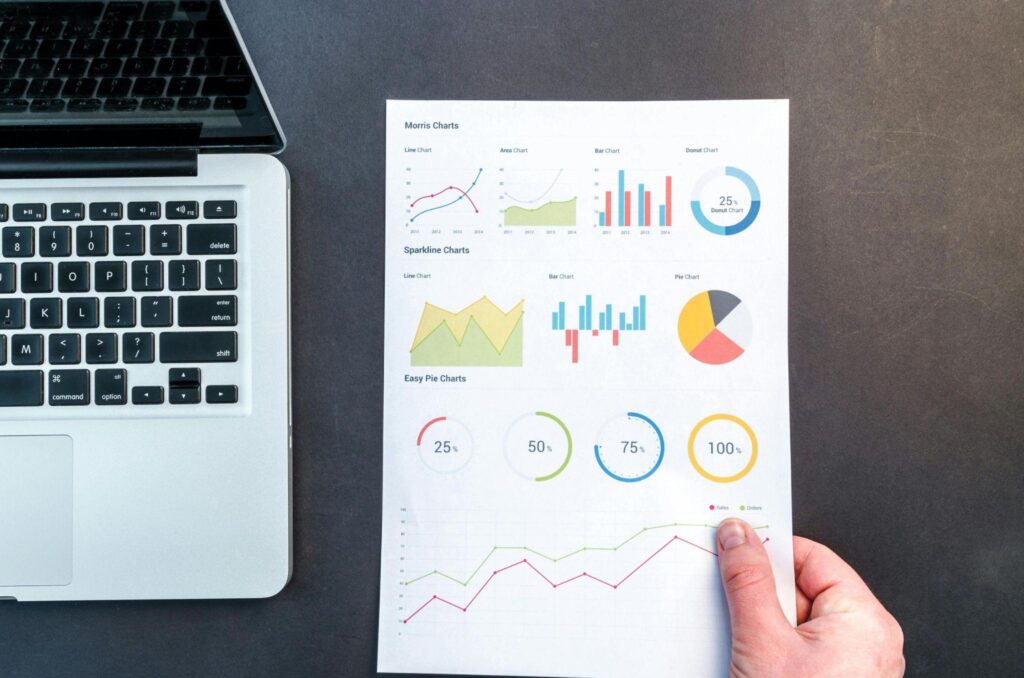
Data-driven marketing has taken over the marketing arena and has been a game-changer for businesses looking to make more informed decisions. It involves using data and analytics to gather insights to drive marketing strategies and campaigns. However, as much as data-driven marketing has been hailed as the future of advertising, it comes at a cost- the cost of privacy invasion. With businesses storing an ever-growing amount of personal data, concerns over the misuse of this data have been raised. In this blog post, we’ll explore the benefits of data-driven marketing and how businesses can harness insights without crossing the privacy line.
Personalization Boosts Engagement and Conversion
Data-driven marketing allows businesses to create more personalized marketing campaigns. Personalization involves tailoring advertising messages to suit a consumer’s preferences and behaviors, such as their purchase history, web browsing history, and social media activity. Research shows ads that are personalized lead to a more successful conversion rate than their non-personalized counterparts. This increased conversion rate, in turn, results in a higher ROI. A perfect example of successful use of personalization is CJ Digital, a restaurant marketing agency that has overseen high ROI’s for their clients.
Data Can Help Improve Customer Experience
Let’s face it, no one wants to feel like a walking dollar sign. Nothing puts customers off more than a business that doesn’t care about their needs and interests. So how do businesses get it right? Well, the answer lies in data-driven marketing. By analyzing customer data, businesses can get a better understanding of their customers’ preferences, behaviors, and needs. This means they can tailor their marketing efforts to be more personalized and relevant. From email campaigns to product recommendations, data can help businesses improve the overall customer experience. And the best part? Customers are more likely to stick with a business that shows they care about them as individuals. So, it’s a win-win situation – businesses can harness the insights from data without crossing the privacy line, and customers are left feeling like they matter.
Data-Driven Marketing Can Improve Business Efficiency
Data-driven marketing can be a total game-changer for businesses looking to streamline their processes and improve efficiency. By using data insights, companies can identify their existing inefficiencies and optimize new processes to help them reach their goals quickly and efficiently. It’s like having a personal efficiency coach but without the shouting and push-ups. Plus, by using data-driven marketing, you can ensure that every penny of your marketing budget is being used to its fullest potential. No more guesswork or gut instincts – just cold, hard data that can take your business to the next level. Just be sure to stay within ethical boundaries, or you’ll be facing a whole different set of problems.
Ethical Data Collection and Managing
The concerns about data privacy and security are understandable. However ethical data collection and management can alleviate these concerns and ensure that data-driven marketing remains a powerful tool. Businesses can safeguard ethical data collection by ensuring they are transparent about data usage and provide easy-to-understand privacy policies. Ranking of organizations leading in data protection policies has also encouraged this cause while also helping consumers have a reference. Take a look at Brick & Bourbon a restaurant in Minneapolis, which has been ranked among the small businesses with the most ethical data protection policies, rapidly boosting consumer confidence and increasing their ROI. Storing data in a secure location protected by a strong encryption system can also help prevent data breaches and data misuse.
Consent and User Control
Personal data is sensitive and should only be used with the consent of the user. Data processing rules help reinforce this idea and promote responsible data management; For instance, the GDPR (General Data Protection Regulation) mandates that businesses must receive explicit consent from consumers before collecting, processing, and storing their data. Giving users the option to control how businesses use their data can provide reassurance to customers that their personal information is in safe hands.
As the world becomes increasingly data-driven, businesses must ensure they are not crossing the privacy line; By harnessing insights, businesses can use data to make their marketing campaigns relevant, optimize their processes, and improve customer experience while respecting the privacy and security of personal data. With the right balance between data-driven insights and privacy, data-driven marketing can become a powerful tool for businesses.